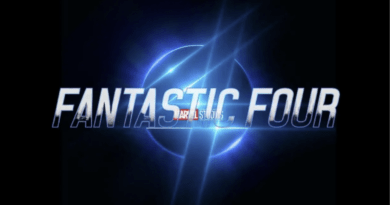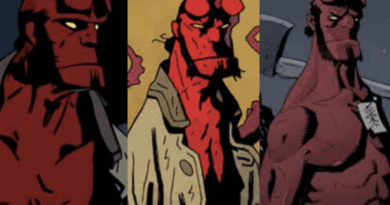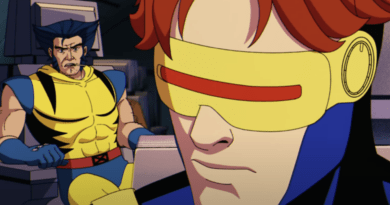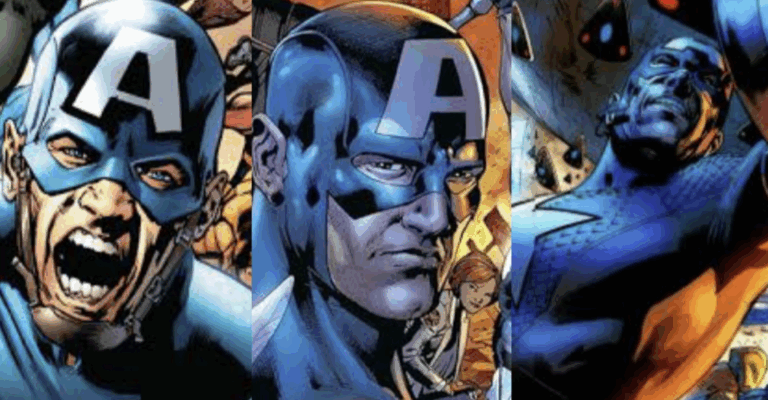
The Return of the Ultimates: Why Marvel’s Ultimate Universe Still Matters
Marvel’s Ultimate Universe was once the crown jewel of modern comic book reinvention. A
streamlined reimagining of classic characters like Spider-Man, the X-Men, and the Avengers
(as The Ultimates), it attracted a whole new generation of readers. Now, with Jonathan
Hickman’s Ultimate Universe revival and the launch of a new Ultimates team, Marvel is
signaling that this world and its legacy still has plenty to say.
But why does the Ultimate Universe still matter in 2025? The answer lies in its influence, its
innovation, and its uncanny ability to reflect the world outside our window.
The Original Ultimates Changed the Game
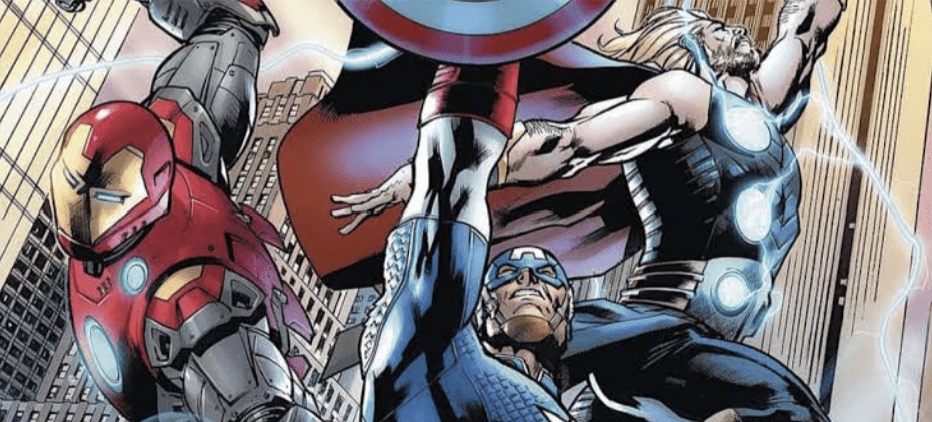
When The Ultimates debuted in 2002, written by Mark Millar and drawn by Bryan Hitch, it
wasn’t just another Avengers reboot. It was a bold, cinematic, and often controversial take on
superhero storytelling. The team felt real in a way Earth-616’s Avengers didn’t at the time:
they argued, made mistakes, and even clashed with political agendas.
The Ultimates were messy, morally grey, and eerily modern. Characters like Ultimate
Captain America and Iron Man embodied America’s post-9/11 psyche. Nick Fury, famously
modeled after Samuel L. Jackson, was recast as a global power player. The style and tone of
the MCU owe a massive debt to this series, just compare the first Avengers film to The
Ultimates and it’s obvious.
A Tragic Burnout, But a Memorable Legacy
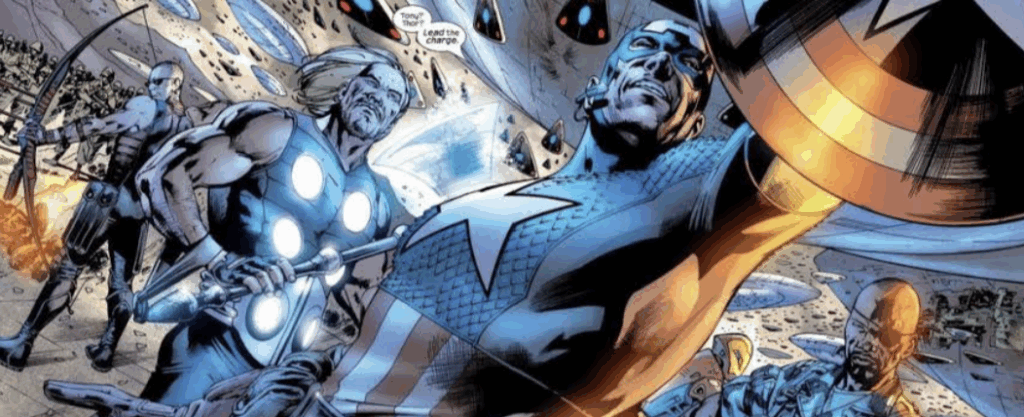
While the Ultimate Universe (Earth-1610) started strong, it began to unravel over time.
Creative misfires, inconsistent continuity, and the rise of the MCU made Earth-616’s more
traditional storytelling feel like home again for readers.
But even during its decline, the Ultimate line gave fans lasting treasures. Ultimate Spider-
Man (by Brian Michael Bendis and Mark Bagley) remains one of the most beloved runs of all
time. It introduced Miles Morales, now one of Marvel’s most important characters, and
proved that the Ultimate Universe could still evolve in meaningful ways.
The 2015 Secret Wars event seemed to seal Earth-1610’s fate. The world ended, and only a
few characters, most notably Miles survived to enter the main continuity. But as comics fans
know, nothing stays buried forever.
The Return of the Ultimates Signals a New Era

In 2024, fans witnessed the return of The Ultimates, with Hickman and superstar artist
Stefano Caselli at the helm. This wasn’t just a relaunch, but a mission statement.
This new version of The Ultimates isn’t tied down by decades of continuity. It can afford to
be bold. It can explore political themes, global dynamics, and philosophical questions in ways
Earth-616 sometimes shies away from. It’s the perfect playground for Hickman’s brand of
high-concept storytelling.
More importantly, the new Ultimates stand as a counterpoint to their original selves. Where
Millar’s Ultimates were often cynical and volatile, Hickman’s team feels more like a
rebuilding effort. Heroes stepping up in a broken world, trying to make things right. It’s both
homage and evolution.
Why the Ultimate Universe Still Matters
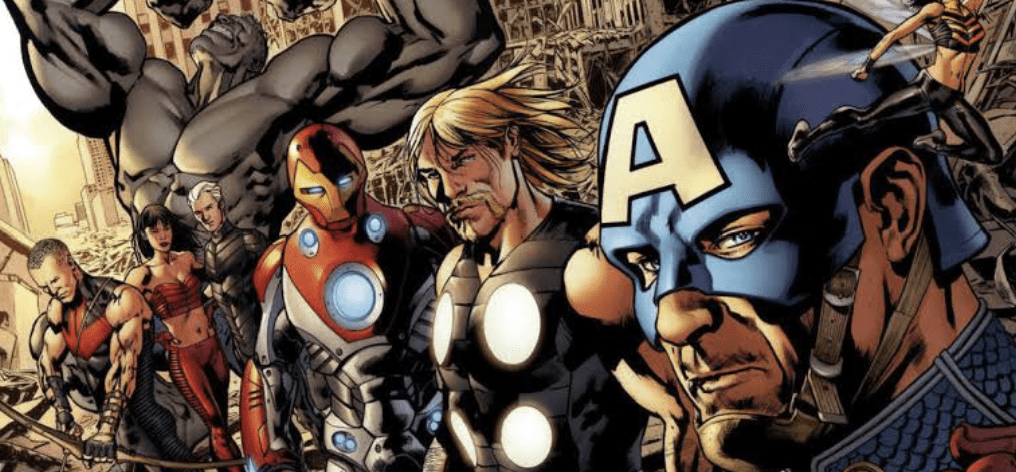
In 2025, with superhero fatigue setting in for many fans, the Ultimate Universe represents a
creative reset. It offers readers a way back into Marvel without needing a decade of back
issues. It speaks to newer generations while honoring the past. And most importantly, it
reminds us that superheroes can still be bold, experimental, and dangerous.
The Ultimate Universe isn’t just about being “edgy.” It’s about asking the hard questions:
What happens when heroes fail? What should a better world look like? Who gets to decide
what’s “right”?
With the revival of the Ultimate Universe and the return of the Ultimates, Marvel once again
opened the door to something unpredictable. It may not replace Earth-616, but it’s going to
challenge it, and readers, in all the best ways.

